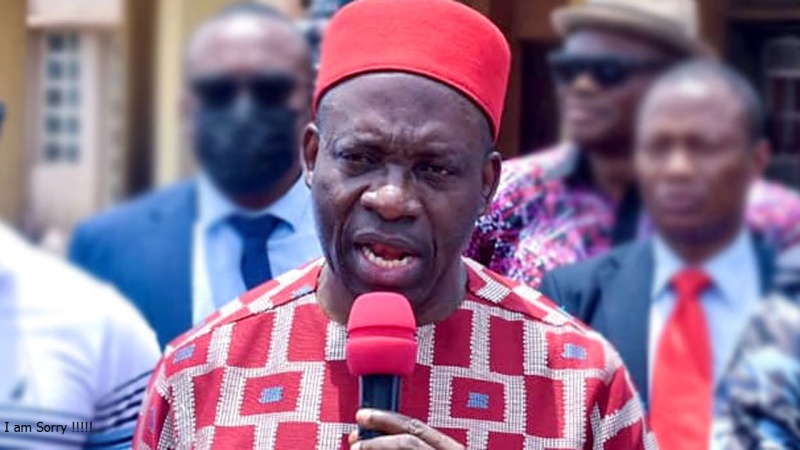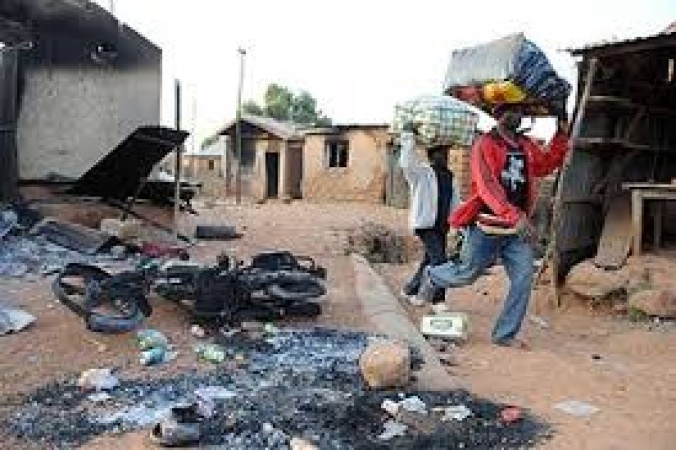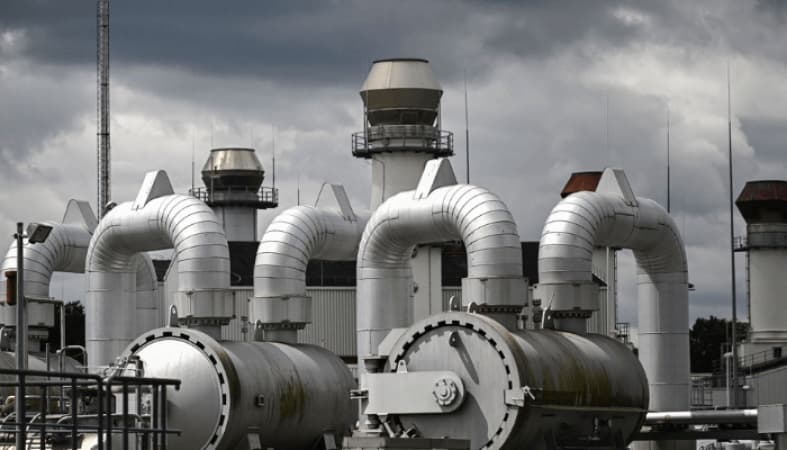

























Loading banners


NEWS EXPRESS is Nigeria’s leading online newspaper. Published by Africa’s international award-winning journalist, Mr. Isaac Umunna, NEWS EXPRESS is Nigeria’s first truly professional online daily newspaper. It is published from Lagos, Nigeria’s economic and media hub, and has a provision for occasional special print editions. Thanks to our vast network of sources and dedicated team of professional journalists and contributors spread across Nigeria and overseas, NEWS EXPRESS has become synonymous with newsbreaks and exclusive stories from around the world.

A gas-powered energy generation station
Nigeria?s ambition to transform into a gas-powered economy by the end of this decade remains far from reality.
Four years after the government declared 2021?2030 the Decade of Gas, the country?s energy landscape still suffers from weak policy execution, inadequate infrastructure, and poor domestic utilization.
Speaking during the Decade of Gas? Opening Session for Utilization Unlock Validation at Nigeria?s commercial capital, on Tuesday, Philip Mshelbila, managing director of Nigeria LNG Limited (NLNG), offered a frank assessment of Nigeria?s progress, warning that time is running out.
?We have four years left,? he said. ?While we can point at some achievements, we have not delivered the really big things that will turn the Nigerian economy around.?
Mshelbila identified three missing keys that could unlock Nigeria?s gas future, gas-to-power integration, domestic market utilization, and deepwater gas development.
Nigeria?s most pressing gap lies in its inability to harness gas for power generation ? the single most critical driver of economic growth and industrial development.
Despite having over 206 trillion cubic feet of proven gas reserves, the country struggles to provide consistent electricity.
Out of more than 13,000 megawatts (MW) of installed generation capacity, less than 5,000 MW regularly reaches the grid.
Gas supply shortages, vandalized pipelines, and unpaid debts to gas producers have crippled generation companies and discouraged investment.
?For me, the biggest impact will come when we get gas-to-power right,? Mshelbila said at the event. ?It will drive industrialization, create jobs, and bring development to our people.?
Analysts agree that reforming gas pricing and enforcing payment discipline in the power sector are essential.
A report by the International Energy Agency estimates that inefficiencies in Nigeria?s gas-to-power value chain cost the country over $10 billion annually.
The second challenge is Nigeria?s low domestic utilization of gas across industries, transportation, and households.
In theory, compressed natural gas (CNG) and liquefied petroleum gas (LPG) should be powering buses, factories, and kitchens nationwide. In practice, adoption has been painfully slow.
The federal government?s CNG initiative, launched as a cleaner and cheaper substitute for petrol, has yet to work at optimal capacity due to poor infrastructure, limited funding, and fragmented policies.
?Actual utilization of gas by Nigerians must increase,? Mshelbila said, emphasizing that the transition must be visible in daily life, from households cooking with LPG to buses running on CNG.
While export projects like NLNG thrive, the domestic market remains underdeveloped. Gas producers often prefer exports, where prices are market-driven, to local sales constrained by regulated, below-cost tariffs.
Energy experts say that reforming domestic gas pricing, encouraging private investments in pipelines and distribution, and offering fiscal incentives for gas-based manufacturing are crucial next steps.
?The domestic market is where Nigeria?s gas future will be tested,? said Kenechukwu Eze, an Abuja-based energy policy consultant. ?Without a strong local demand, gas export revenues alone won?t transform the economy.?
The third missing key lies beneath Nigeria?s offshore basins ? vast deepwater gas reserves that could power future exports and industrial hubs.
These reserves, found alongside crude oil in the Gulf of Guinea, remain largely undeveloped due to regulatory uncertainty and high development costs. Projects such as Shell?s Bonga Southwest and TotalEnergies? Preowei field have faced years of delay.
?We must unlock deepwater gas,? Mshelbila urged. ?All of the big projects, the new LNG trains, export pipelines, and industrial gas hubs, depend on it.?
The 2021 Petroleum Industry Act (PIA) sought to attract investment through clearer fiscal terms, but international oil companies remain cautious, citing unstable policies and infrastructure risks.
Without rapid progress, analysts warn, Nigeria risks falling behind emerging LNG exporters such as Mozambique and Mauritania, which are attracting new global investments. (BusinessDay)